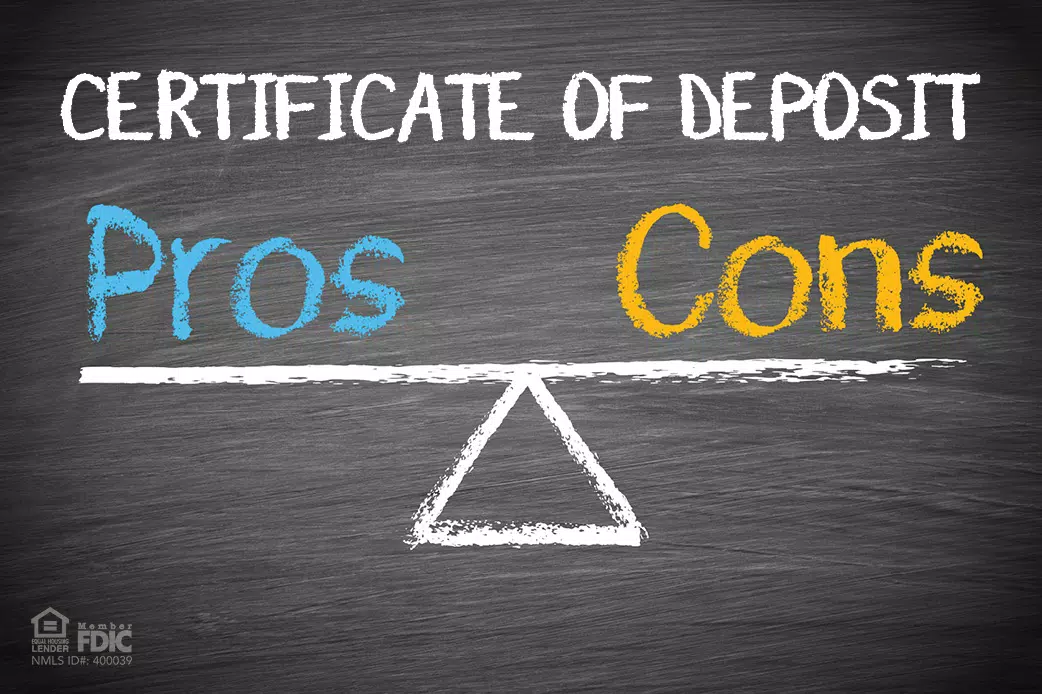After paying all the bills, you are starting to see some extra money, and now you need a place to keep it. What are the best savings plan options? It depends on your situation.
The three common account types for saving money are savings accounts, certificates of deposit, and money market accounts. Here’s how each breaks down:
A savings account is a safe way to store money and earn interest over time. You can have limited access to the account for withdrawals and transfers.
Advantages:
- Most banks do not require a minimum balance and can open with a low amount
- Low fees or no fees charged
- Insured up to $250,000 by the FDIC
- Some banks allow automatic bill payments from savings accounts
- You can access your savings at an ATM
- Can transfer funds from checking to savings electronically
Disadvantages:
- The lowest interest rates offered of the three types
- The number of transfers or withdrawals per month is limited
- Lenders often compound interest monthly or annually instead of daily.
CDs are like savings accounts where the bank keeps your money for a set time with higher interest rates. You will face penalties for withdrawing money before the agreed term is up. Typically, the longer the term, the higher the rate.
Advantages:
- Higher interest rates than traditional savings accounts
- Insured up to $250,000 by the FDIC
- Interest rate will not change for the term
- A wide diversity of CD types to meet individual needs
Disadvantages:
- Cannot access through ATM or electronic transfer
- Penalties for early withdrawals
A money market account is like a savings account but with higher interest rates. It also allows easy access to funds, similar to a checking account. However, you need to have larger minimum deposits and balances.
Advantages:
- Higher interest rates than traditional savings accounts
- Can write checks and make ATM withdrawals from the account
- Insured up to $250,000 by the FDIC
Disadvantages:
- Requires a higher initial deposit and ongoing balance or will incur fees
- Lower interest than CDs
- The number of transfers or withdrawals per month is limited
Depending on your savings and flexibility with funds, one of these plans will likely meet your savings goals. Contact NASB experts at 800-677-6272, option 3 to find the right savings plan. Alternatively, you can click here for more information on savings options.




